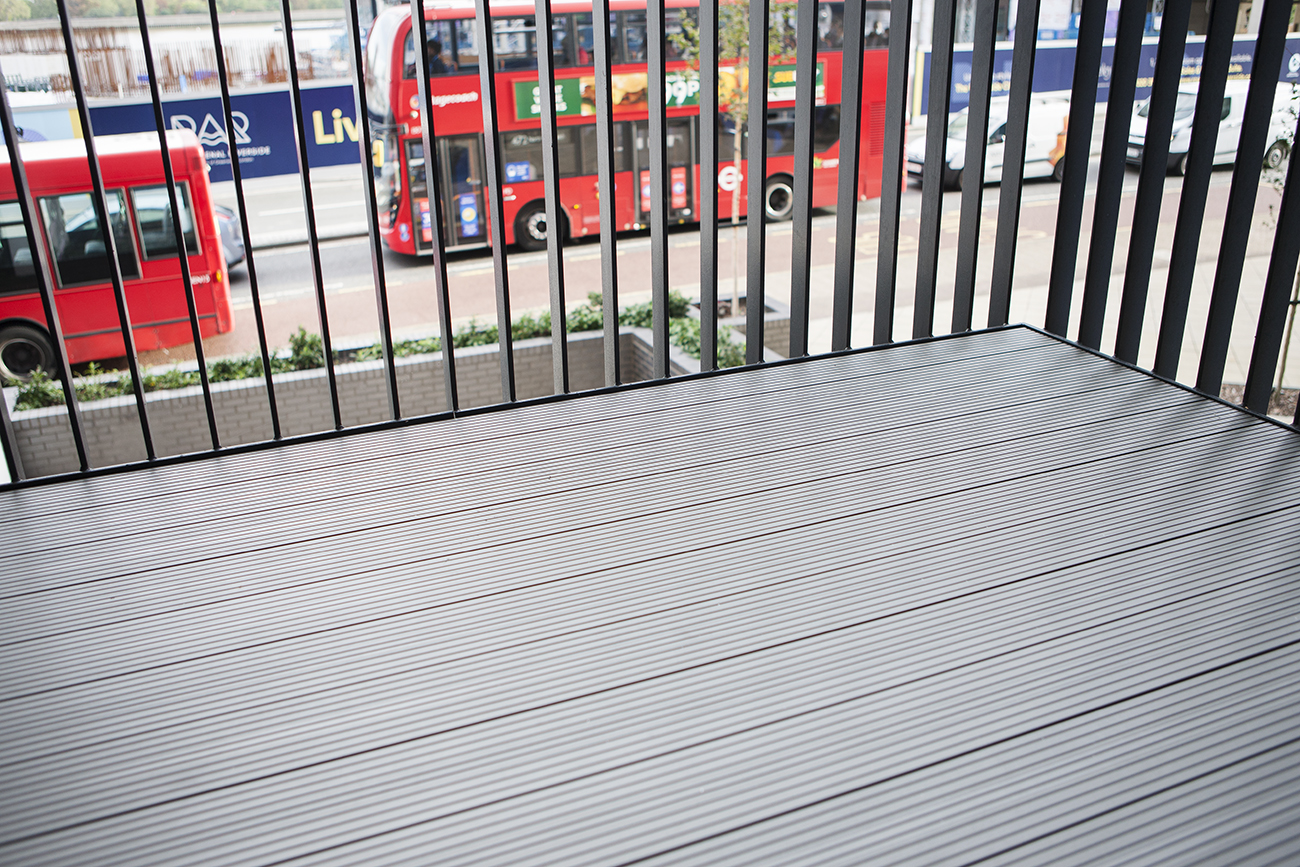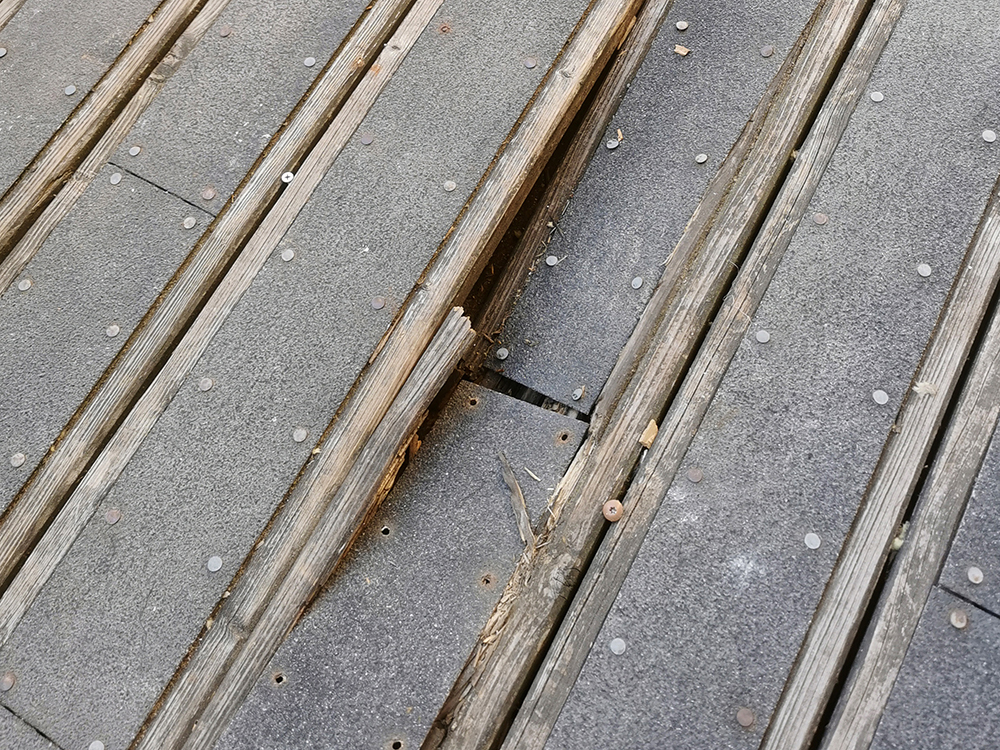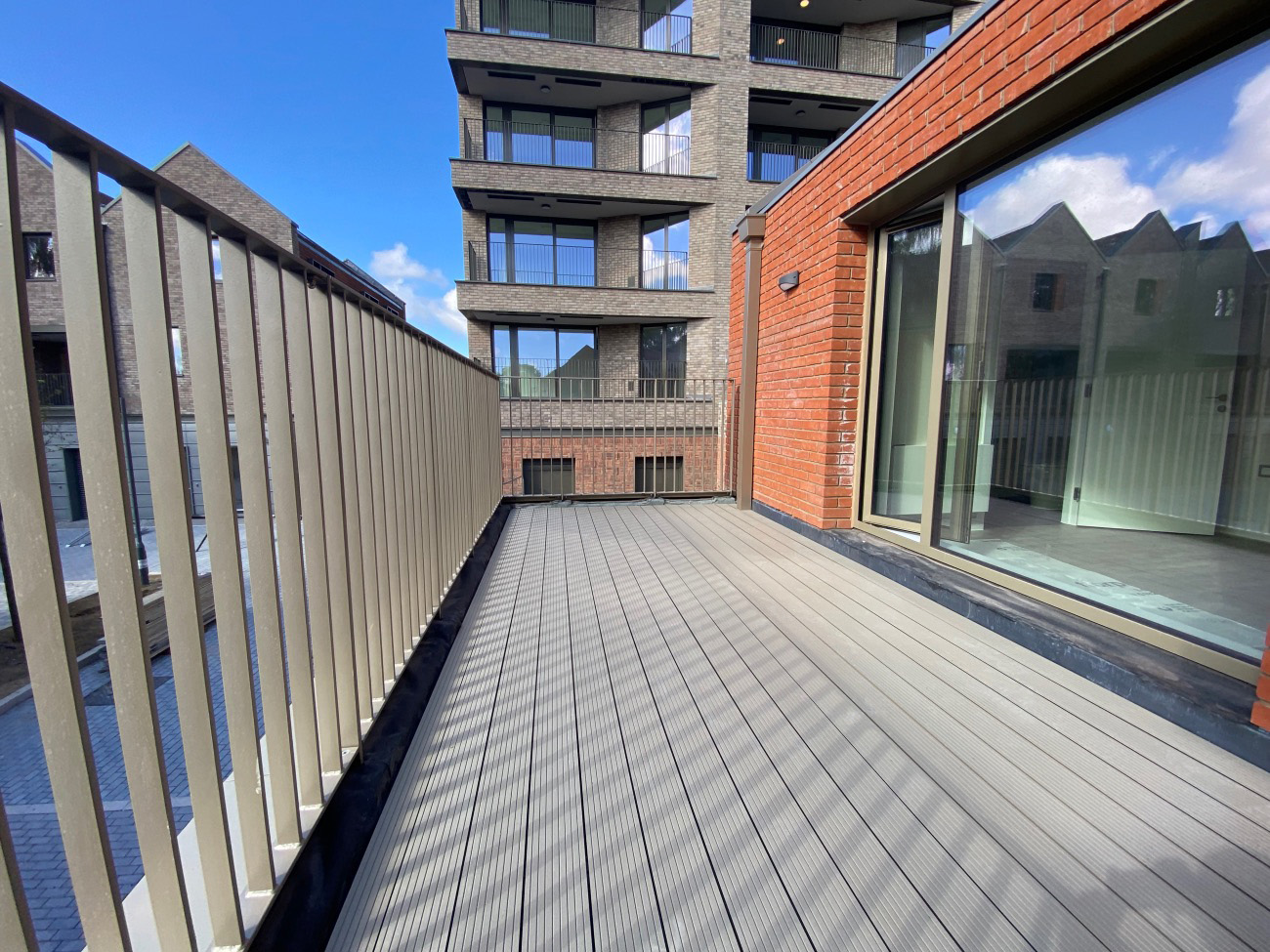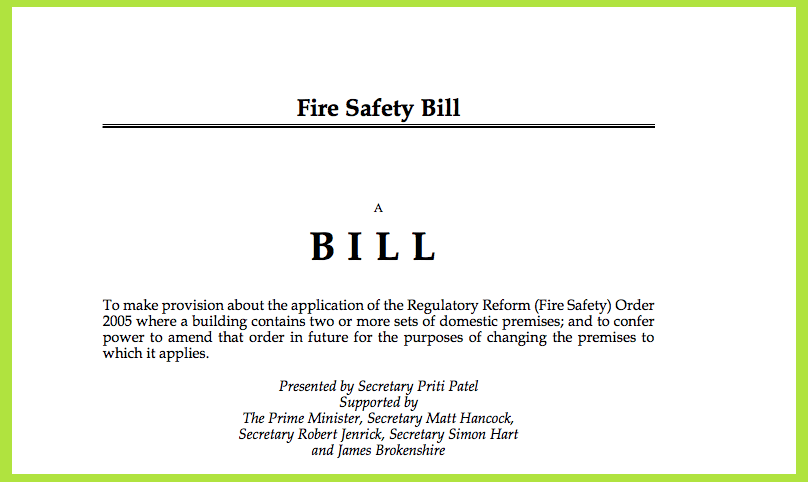Balcony Fires of Great Britain Report: 2017-2020
AliDeck have recently conducted research into the prevalence and causes of fires on balconies, receiving shocking data from fire and rescue services around the UK. Over the previous three years there have been nearly 900 balcony fires recorded, the majority of which were a result of reckless or careless behaviour.
Smoking materials account for the majority of fires on balconies, with hundreds of balcony fires occurring around the country in the last three years due to smoking. By raising awareness of these startling facts, AliDeck hope to encourage more people to quit smoking, bringing benefits to their health and also helping them to be able to enjoy their balcony in a more fire safe way.
Besides quitting smoking, the surest way to reduce the risk of balcony fires is to remove and replace the combustible materials that are so easily set alight, such as timber or composite balcony decking. Non-combustible alternatives such as aluminium are A Rated for fire and fully compliant with all legislation and building regulations, solving the issue at a stroke.
Causes of Balcony Fires in Great Britain: 2017-2020
London Fire Brigade reported nearly 600 balcony fires across the capital in the last three years, with 291 of them being caused by smoking materials. Manchester saw 51 balcony fires in the same period, with 23 caused by smoking materials; Hampshire saw 37, 22 smoking related; closer to home, Kent suffered 20 balcony fires with half due to smoking.
Richard Izzard, AliDeck managing director, said “Fires on balconies are regularly in the news and it is heart-breaking to see so many people lose their homes, possessions, and sadly sometimes their lives in these avoidable blazes. Our research clearly shows that smoking is the direct cause of many of these so it is essential that smokers are made aware of the risks they take in smoking on their combustible balconies.”
“By giving up smoking, fire safety will immediately increase for people living in flats with balconies which is a great incentive alongside the obvious health benefits they’ll enjoy.”
Quit smoking or remove combustible materials to reduce risk
The most shocking aspect of these devastating statistics is that these smoking-related balcony fires are completely avoidable. By people quitting smoking and therefore removing the materials that might cause a blaze, the risk of smoking-related fires on their balconies is immediately drastically reduced.
Many smoking-related balcony fires, though, are caused by smokers carelessly discarding their cigarettes from their own balconies only for them to be blown onto balconies below, such as that at a building in Manchester’s Northern Quarter in May of this year. The more people that quit smoking, however, the less often this reckless act will cause fires.
Giving up smoking is an extremely difficult task for many people, though, and that many who try to quit this October will sadly not be successful at this attempt. Our message to them is twofold; keep trying and never give up on giving up, and also consider replacing the combustible timber or composite elements of your balcony to remove the possibility of smoking materials causing a dangerous balcony fire.
Alternatives to timber or composite decking include aluminium, which is a non-combustible material. With aluminium decking systems available that achieve an A fire rating, the best rating achievable, by replacing combustible materials with aluminium decking homeowners and property managers are immediately making a huge leap towards a fire safe home.
“Replacing combustible materials on balconies with non-combustible alternatives such as aluminium is a sure-fire way to increase balcony fire safety,” Richard concluded. “As more people give up smoking and more balconies have timber or composite deckling replaced, we’ll start to see a welcome reduction in these balcony fire incidents.”

Latest Balcony Fires Related News









